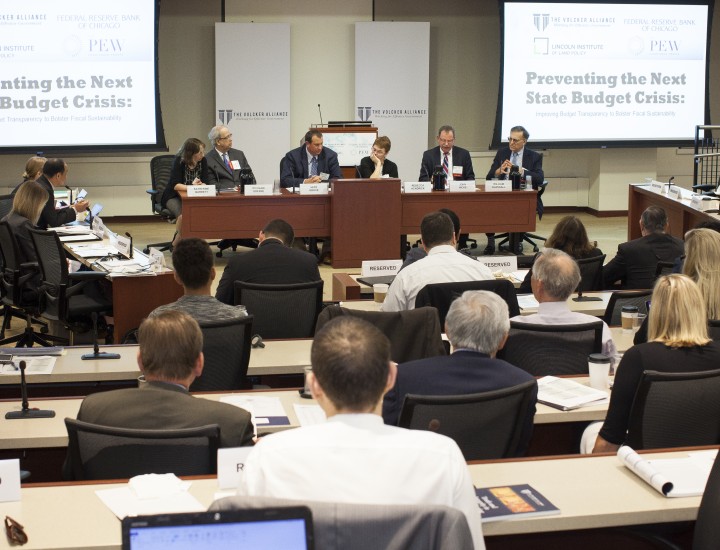What Matters Podcast: Workforce Development

How can we stimulate interest in government work among young people? How can we encourage low-income Americans to work towards careers in higher income brackets when doing so could mean they will actually lose more benefits than they'll gain? How can we harness technology to create a labor market that is adapted to the needs of the twenty-first century? In this podcast episode, Thomas W. Ross, president of the Volcker Alliance, and David E. Altig, executive vice president and director of research at the Federal Reserve Bank of Atlanta, answer these questions and more. They share their expertise on what needs to change with government workforce development and how all sectors of our society can work together to make those changes.
Workforce development is more than just job training—it is the ability to build a strong talent pipeline. Right now, the pipeline into public service is shrinking when it needs, more than ever, to be growing. As Mr. Ross says in the podcast, whether you believe in big government or small government, our government has to work well and serve its citizens well. This will only happen when we have a talented workforce with the skills that are needed in today's world. Additionally, Mr. Altig points out, in a simple revenue sense, there is a direct public return for strengthening our government workforce. More skills means more income, and more income means more government tax revenue. It is time to start framing workforce development as a economic proposition.
Listen to this podcast, hosted by Charles Davidson at the Federal Reserve Bank of Atlanta, to learn more.


